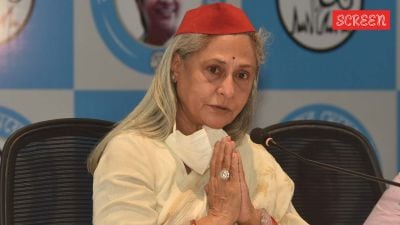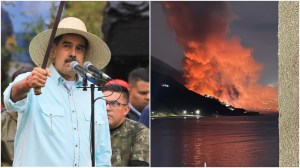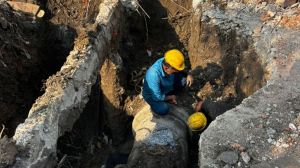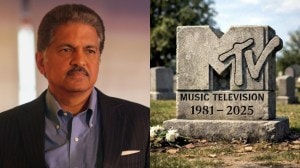A year in Kathmandu
Nepals politicians should be nudged back towards a fragile peace
There is a savage irony in an armed,self-proclaimed proletarian outfit declaring that some are more equal than others. And also in that once brutally violent outfit resorting to symbol and melodrama to thrust itself in the face of a government,state and polity it is unhappy with. Such would be the judgment on Unified Communist Party of Nepal-Maoists UCPN-M chief Prachanda lighting a candle outside the erstwhile royal palace to declare the Nepalese capital,Kathmandu,the autonomous Newa republic province,in which the dominant Newar community would,at least for the moment,enjoy more rights than others. Except that behind this ludicrous self-dramatisation trembles a country which has enjoyed just about a year of relative calm in many years. Nepals dawn of hope when it became a republic has been brief. Its new constitution is not yet ready and is unlikely to be before next May. The visible relief on all sides when the armed Maoists were incorporated into the democratic system,when they contested elections and emerged as the single largest party with the post of PM,disappeared soon over a standoff between the army and the Maoists,and then between the Maoists and their coalition partners.
Nobody is without blame for the current,and deepening,crisis,but the Maoists are accountable for their persistent,and myriad,threats and actions. In government,Prachanda had seemed to forget that republican Nepal only had a Maoist government and was not a Maoist state. Out of government,and without being able to figure out a democratic,political means of getting back in there,the UCPN-M has been setting deadlines for the restoration of civilian supremacy,laying siege to streets and government buildings,backing land grabs,threatening to set up a parallel or Maoist-led consensus government. Meanwhile,the party has been unilaterally declaring autonomous republic provinces even as its commitment to the Comprehensive Peace Agreement is coming into question. And reports of Maoist ideologues like Baburam Bhattarai calling the partys participation in the peace process a mere tactic first aligning with the bourgeois parties to abolish the monarchy and then launching a fresh round of armed clash to capture state power for ultimately establishing a communist utopia only add to the tension.
India must monitor the situation closely and assist in a stable and united Nepal. Efforts must be made to ensure that the Maoists,as well as Nepals other politicians with a terrible record of abiding by democratic consensus,stay within the demo-cratic framework. There must be closure on the current crisis to bring the country back from the brink.
- 01
- 02
- 03
- 04
- 05































